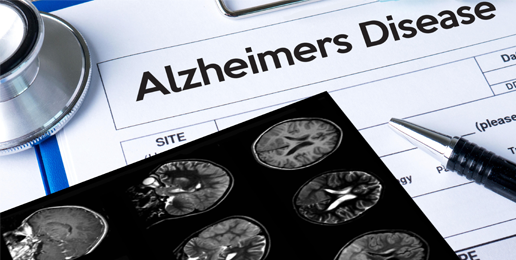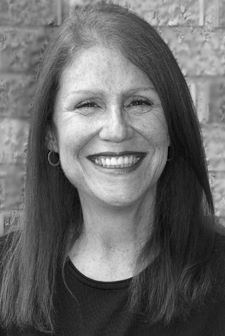
An April, 2019 study in the Journal of the American Medical Association titled “Attitudes Toward Physician-Assisted Death From Individuals Who Learn They Have an Alzheimer Disease Biomarker” found that approximately 20% of cognitively normal older adults who had elevated beta-amyloid — a biomarker that is thought to increase the risk of Alzheimer’s disease — said they would consider physician-assisted suicide if they experienced a cognitive decline. Not everyone with amyloid plaques goes on to develop Alzheimer’s disease.
Although no state with legalized physician-assisted suicide currently allows lethal overdoses for people with Alzheimer’s or other dementia, Emily Largent, JD, PhD, RN (one of the authors of the study) said that:
“Our research helps gauge interest in aid-in-dying among a population at risk for developing Alzheimer’s disease dementia and grappling with what they want the end of life to look like”
And
“Public support for aid-in-dying is growing…Now, we are seeing debates about whether to expand access to aid-in-dying to new populations who aren’t eligible under current laws. That includes people with neuro-degenerative diseases like Alzheimer’s disease.”
CHOOSING DEATH
As the U.S. birth rate declines to a 32-year low while people are living longer, now there are more people older than 65 than younger than 5. This has major economic and cultural implications, especially with diseases such Alzheimer’s that usually affect older people.
Back in 2012, I wrote about a Nursing Economic$ Summit “How Can We Afford to Die?” that had an 8 point action plan. One of the points discussed the importance of getting everyone over the age of 18 to sign “living wills” and other advance directions that also included the caveat: “if many patients have advance directives that make positive, cost-conscious systemic change impossible, most of the other efforts discussed as part of our action plan will go for naught”. (Emphasis added).
It should not be a surprise that the latest Oregon physician-assisted suicide report shows that 79.2% of those people dying by assisted suicide were age 65 or older and most reported concerns such as “loss of autonomy” and “burden on family, friends/caregivers”.
With Alzheimer’s disease routinely portrayed as the worst case scenario at the end of life for a person (and their family), there are now programs to “help” people plan their own end of life care.
Such programs include Death Cafes where “people drink tea, eat cake and discuss death” and the Conversation Project that is “dedicated to helping people talk about their wishes for end-of-life care.” The Conversation Project was co-founded by journalist Ellen Goodman after years of caring for her mother, who had Alzheimer’s.
Compassion and Choices (the former Hemlock Society) is the largest and best funded organization working for decades to change laws and attitudes about assisted suicide and other deliberate death options. Compassion and Choices now has a contract rider for people in assisted living facilities that:
“will respect Resident’s end-of-life choices and will not delay, interfere with nor impede any lawful option of treatment or nontreatment freely chosen by Resident or Resident’s authorized healthcare proxy or similar representative, including any of the following end-of-life options” which include:
“Forgoing or directing the withdrawal of life-prolonging treatments
Aggressive pain and/or symptom management, including palliative sedation,
Voluntary refusal of food and fluids with palliative care if needed
Any other option not specifically prohibited by the law of the state in which Facility is located.” (Emphasis added)
CONCLUSION
I have both a professional and personal interest in Alzheimer’s disease.
Having taken care of a mother with Alzheimer’s until her death, I treasure many of the moments I had with her. It is possible to both begin the eventual mourning and still appreciate the special moments that indeed do come. My mom was a very high-strung woman who constantly worried about everything. The Alzheimer’s calmed her down somewhat and especially blunted her anxiety about the presence of a tracheotomy for her thyroid cancer.
One of my favorite memories is sitting on a couch with my mom on one side and my then 2 year-old daughter on the other. Sesame Street was on and I noticed that both Mom and my daughter had exactly the same expression of delight while watching the show. A friend thought that was sad but I found it both sweet and profound that their mental capacities had intersected: One in decline, one in ascension. Perception is everything.
Also, I often took care of Alzheimer’s patients as a nurse and I enjoyed these patients while most of my colleagues just groaned. Even though such patients can be difficult at times, I found that there is usually a funny, sweet person in there who must be cared for with patience and sensitivity. I found taking care of people with Alzheimer’s very rewarding.
And although I might be at a higher risk of developing Alzheimer’s disease myself because of my mother, I won’t be taking a test for biomarkers to try to predict the future.
Instead, I will spend my time living the best life I can and hopefully helping others. I believe that life is too precious to spend time worrying about things that might happen.
This article was originally published at NancyValko.com.





















